SERIES REVIEW – Michelle Yeoh, having proven her mettle in numerous action movies including the James Bond film “Tomorrow Never Dies,” now reveals her multifaceted talent in television. In Netflix’s latest series, “The Brothers Sun,” she portrays a single immigrant mother, which becomes her most down-to-earth TV role to date.
Oscar-winning Michelle Yeoh has already earned a stellar reputation in cinema, becoming the first actress of Asian descent to bag the Best Actress Oscar in 2023. Recently, the Malaysian-born actress has shifted her focus to television, aspiring to embody various characters in multi-episode series. Following her roles as a Starfleet captain and a merciless empress (Star Trek: Discovery), a green-eyed elf (The Witcher: Blood Origin), and the goddess of Chinese mercy (American Born Chinese), Yeoh now takes on her most grounded television role as a single immigrant mother in “The Brothers Sun.”
Sly Mother, Innocent Brother, and the Gritty Lead
Crafted by Brad Falchuk (Glee, American Horror Story, Pose, 9-1-1) and Byron Wu, this eight-episode action-comedy series, which premiered on Netflix on January 4, unfolds an intriguing plot. The story pivots around the assassination of a formidable Taiwanese triad leader (Johnny Kou), executed by a mysterious hitman. The incident prompts the leader’s elder son, Charles Sun (Justin Chien), to travel to Los Angeles to reunite and protect his cunning mother, Eileen (Yeoh), and his naive younger brother, Bruce (Sam Song Li), who has been blissfully ignorant of their family’s business affairs. As Taipei’s deadliest criminal factions and a new emerging group vie for supremacy, Charles, Bruce, and Eileen must band together, confronting their own hopes and dreams, before their adversaries eliminate them and seize their family’s apex position in the food chain.
The series, conceived by Asian writers and filmed in Los Angeles and Taiwan, vividly depicts a disintegrating Asian family. In this family, the younger generation must strike a balance between the cultural expectations of duty and tradition instilled by the older generation and their growing desire to forge their own path. Although born to the same parents, Charles and Bruce haven’t seen each other in 15 years, and their vastly different upbringings create inherent tension throughout the first season. Groomed as the apparent heir to his father, Charles has become a notorious killer in Taiwan (his “Chairleg” nickname refers to the improvised weapon he used for his first kill), yet secretly indulges in daytime soap operas and dreams of leaving his life of crime to open his bakery. Bruce, a medical student, secretly spends his tuition money on improv classes, unbeknownst to Eileen, a nurse who holds the secrets to rival gangs of the Sun family back in Taiwan.
This Is No Longer Everything Everywhere All At Once
Comparing Eileen to another of Michelle Yeoh’s characters, Evelyn Wang from “Everything Everywhere All At Once,” would be an oversight, as Eileen is far from the typical immigrant mother like Evelyn. Eileen, herself a crime boss, initially left Taiwan to protect herself and her younger son. However, when her elder son reappears in her life, she is forced to confront her past and the traditional values that relegated her to a secondary role alongside her estranged husband. Eileen, astute and resourceful, leverages her local contacts to gain insights into the inner workings of Chinatown and even has to remind Charles (who one would think already knows) that her mahjong club is actually “a complex network of relationships, favors, and debts.” Yeoh’s portrayal of Eileen reflects the tendency of Asian parents to shield their children from unpleasant happenings around them, serving as a semi-plausible reason for keeping such a significant secret from Bruce over the years. (But are we really to believe that Bruce, who has core memories from his childhood with Charles in Taiwan, never inquired about the rest of their family? This detail never really surfaces in the first season.)
Yeoh’s screen presence allows her to infuse each of her characters with a unique gravitas. Particularly in the last three episodes, she gets the opportunity to blend the traits that make her a remarkable actress: the subtlety in expressing emotions, especially when her character is under pressure and facing situations beyond her control; the ability to narrate a story through movement; and her comedic timing. Thus, it’s regrettable that Yeoh isn’t given a chance to showcase all three of these talents simultaneously until the story nears its climax. One could argue that Yeoh’s single fight scene underscores the emotional intensity of that moment, but portraying Eileen as an unflappable matriarch known for her keen observational skills essentially precludes Yeoh from participating in the action, except when Eileen fights to protect one of her sons. And it’s evident she has a favorite (at least for now).
Family Protection Above All
In a series like “The Brothers Sun,” which incessantly echoes the ethos of 保护家人 (bǎo hù jiā rén) or “protecting one’s family,” it’s unsurprising that the narrative is most compelling when focusing on the core family unit. Li provides much of the series’ comedic relief. His character serves as the audience’s guide into this perilous world, eagerly navigating every twist and turn of the plot. Regardless of whether Yeoh requested to minimize her own stunt work, the end result is that most of the fight scenes fall under Chien’s purview, who emerges as the real revelation of the series. Charles, bound by loyalty to his dominating father, faces moral boundaries he cannot in good conscience cross. Besides plunging headfirst (sometimes literally) into action, Chien effectively conveys Charles’s internal struggles throughout the season. It’s hard not to root for his character to reconcile with his mother and brother and distance himself from his father, even if the gangster lifestyle is deeply ingrained in his identity.
Yeoh, Chien, and Li authentically portray the roles of mother and sons, carrying the brunt of the series. However, they are ultimately undercut in the second half of the second season due to a mix of supporting actors of varying quality and certain creative choices. While some performers (notably Jon Xue Zhang’s Blood Boots) capture the dark humor and life-and-death stakes of this fictional world, others lack the range to meld comedy and drama, resulting in flat, one-dimensional performances that give away some of the show’s twists. Certain characters, including Bruce’s dim-witted and unnecessary friend (Joon Lee), could be omitted without impacting the plot and, frankly, are not missed during their prolonged absences from the story.
Bruce delivers a passionate speech in the third episode about the necessity of understanding people’s motivations. As the characters delve deeper into the plot, these motivations become muddled. Although the story never completely spirals out of control and remains watchable, it appears the writers have backed themselves into a corner and opted for the most outlandish resolutions imaginable. This leads to a jarring tonal shift in the final two installments. Bruce undoes much of his own development by making questionable decisions that not only show how little he has learned from his brief time in the criminal underworld but also how naïve he still is. There needn’t be a dramatic shift in his character, but at least one that shows he’s aware of what’s at stake and better equipped to handle himself. For instance, how many times do we need to hear him lament about returning to the illusion of a simple life that no longer exists? How many times must Li cry in the finale to convey his character’s feelings? The writers could have leaned further into the bloody action-comedy of the earlier episodes, but they (and the directors) chose to straddle an uncomfortable middle ground that increasingly feels like a family drama. Don’t get me wrong: Melodrama, when done well, can be extremely effective, but it overshadows the comedy that works so well in the early episodes and undercuts the emotional weight of this particular story.
A Great Asian Series with a Few Flaws
Nevertheless, in a time when Asians have never been more present in Hollywood, “The Brothers Sun” must be recognized as part of a growing wave of stories that honor the nuances of the Asian-American experience. Special attention has clearly been paid to culturally specific details: the seamless transitions between Mandarin, Cantonese, and English in the household; the depictions of mouthwatering Chinese and Taiwanese cuisine; the practice of removing shoes at the door; and respect for elders. Despite a few flaws in its execution, “The Brothers Sun” is notable for its diversity of Asian characters, ranging from (anti)heroes to villains, making this action-packed drama series overall a worthy showcase for Yeoh.
-Gergely Herpai (BadSector)-
The Brothers Sun
Direction - 7.4
Actors - 7.2
Story - 7.6
Visuals/Music/Sounds/Action - 8.2
Ambience - 7.5
7.6
GOOD
In "The Brothers Sun," Michelle Yeoh delivers a stunning performance as an immigrant mother, while the storyline centers on the murder of a Taiwanese triad leader. The series intriguingly presents Asian-American experiences, paying special attention to cultural details, though some supporting characters and creative decisions weaken the second half of the second season. Overall, "The Brothers Sun" is an exciting, action-packed drama that highlights Yeoh's versatility and the richness of the series' Asian characters.

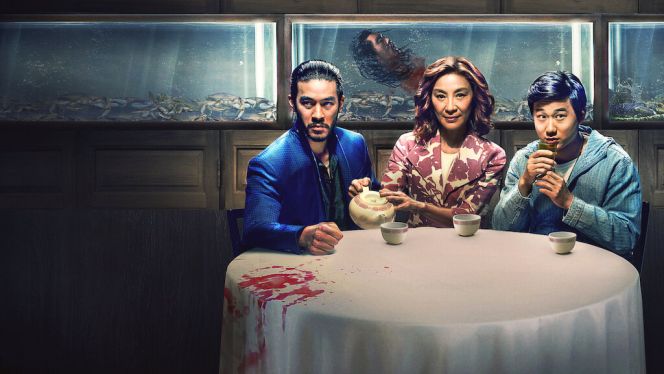
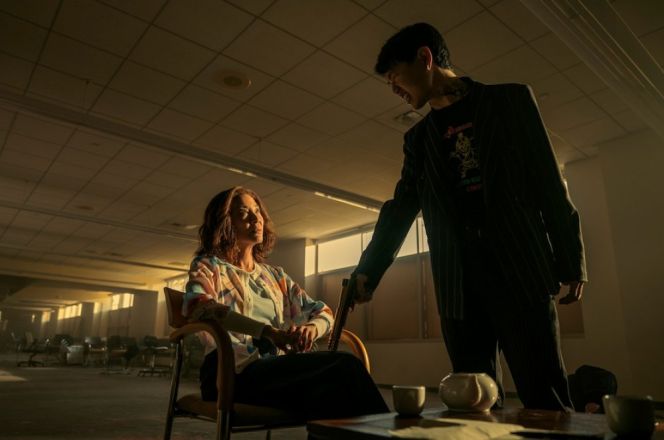
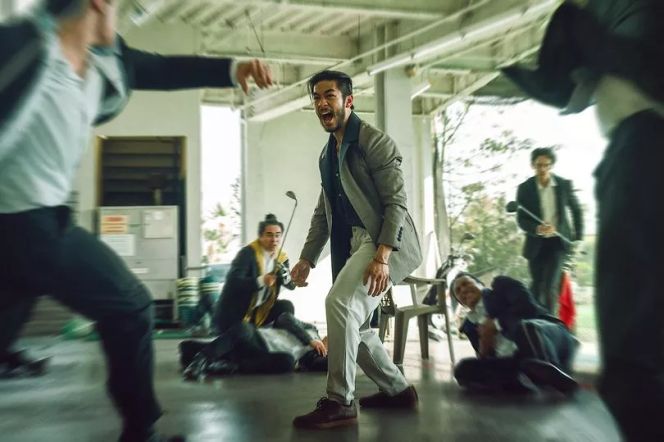
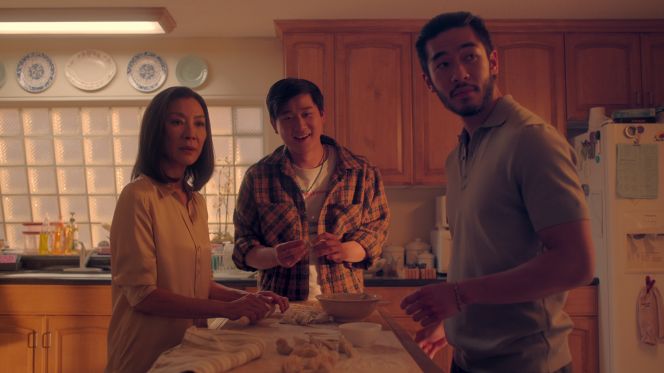


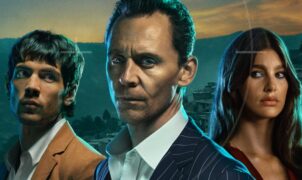
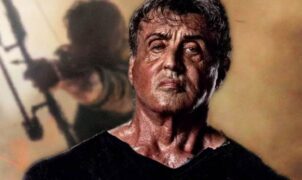


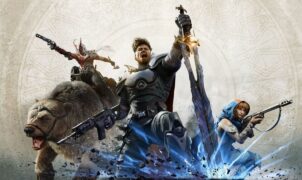




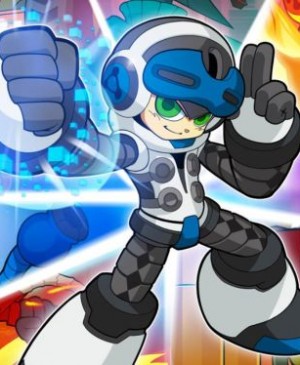


Leave a Reply